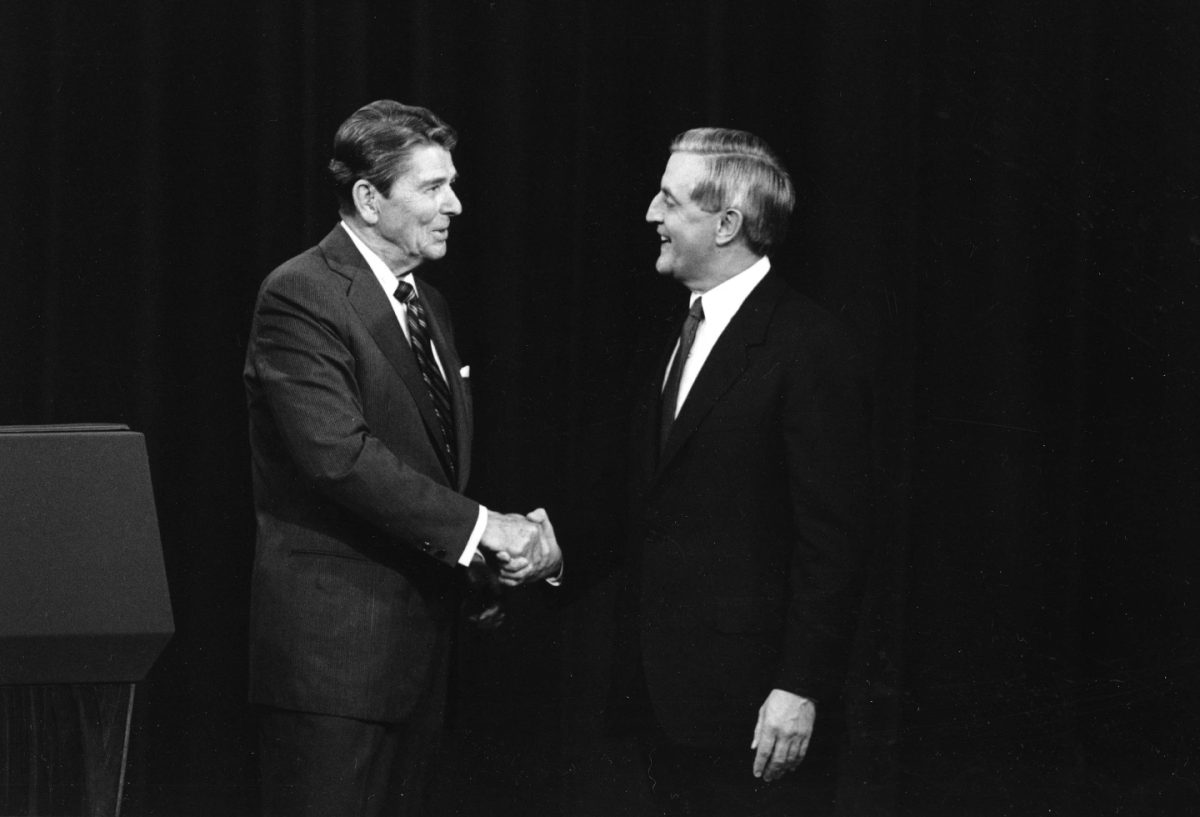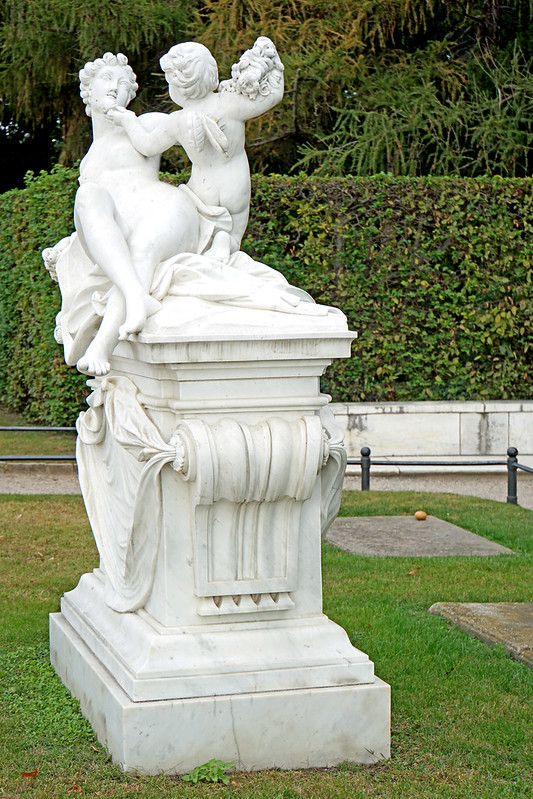In the spring of 2014, Lawrence Torcello, a professor at the Rochester Institute of Technology, published a brief online article on the subject of climate change, arguing for the criminalization of those who discredit global warming.
He specifically called attention to the “misguided free speech” of individuals who promote the notion that climate change is not an issue and declared that their reckless behavior “remains a serious deterrent against meaningful political action.”
While Professor Torcello is right to assert that climate change is a serious issue that needs to be dealt with, there is a part of his approach that is miserably inconsistent with the underlying principles of the freedom of speech in this country. The conventional definition of free speech, as many Americans understand it — including, apparently, Professor Torcello — is that we have the right to say whatever we want within reason.
We can protest and voice controversial opinions, but there are certainly limits on what constitutes the freedom of speech.
We cannot, for example, produce speech that directly incites action to harm others, and we cannot advocate illegal drug use at a school sponsored event.
These are two prominent illustrations of Supreme Court cases over the years that some Americans point to when they are asked to identify the limits of free speech.
But, while these cases are important to remember, they are not in any way analogous to the climate change case described above.
In calling for the arrest of those who dispute the existence of climate change, Professor Torcello basically invents his own version of free speech that is far removed from reality. When the Founding Fathers included the provision of free speech in the First Amendment, they did not do so half-heartedly. In fact, while contemporary society frequently seems to take this right for granted, it was anything but that when our nation was in its infancy.
When the Founders wrote that “Congress shall make no law abridging the freedom of speech,” they meant it. They understood that in consecrating a right like that one, they were allowing for opinions that would cause people to debate, disagree and — at times — to even feel profoundly uncomfortable.
But they did not establish it for that express purpose. Rather, they were aware of what John Stuart Mill called “the peculiar evil of silencing the expression of an opinion.”
If such an opinion is right, Mill asserted, one is deprived of the opportunity of exchanging error for truth.
Conversely, if the opinion is wrong, one loses what is almost as great of a benefit: “the clearer perception and livelier impression of truth, produced by its collision with error.”
Mill’s eloquent remarks are really an elaborate way of saying that no opinion — no matter how dreadful it might be — should be silenced.
As the journalist Kevin D. Williamson crucially reminds us, “the Founders knew that liberty is never really popular.” In principle, it is not difficult at all for us to back the notion that liberty and freedom of expression are of paramount importance.
However, when we do so, we are oftentimes not completely aware of what we are actually supporting.
When we advocate for the freedom of speech, we do not advocate for a blithe, unwitting and ill-defined concept that professes that I can say what I like whenever I wish to do so. Yet, we likewise do not advocate for Professor Torcello’s vision for the freedom of speech, which in effect amounts to “of course, unless we don’t like it.”
Rather, when we speak of the freedom of speech we speak of the inalienable right which our forefathers envisioned: the right to voice opinions that are controversial, disaffecting and at times even ludicrous.
Professor Torcello should take note, because while he may not realize it, the outrageous speech that he so flippantly disregards is precisely the kind of speech that the Founding Fathers sought to protect.













